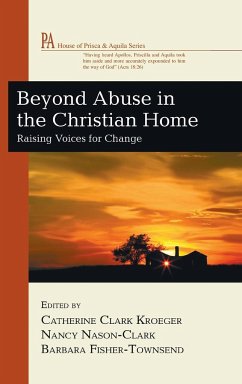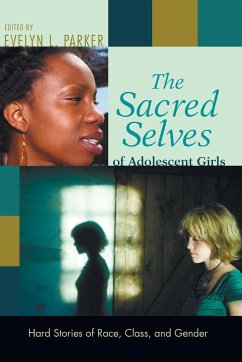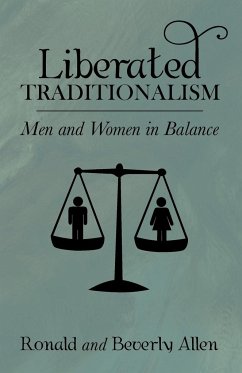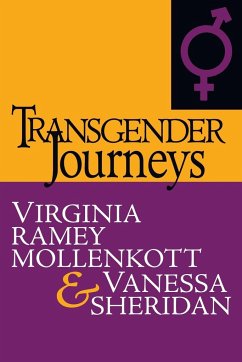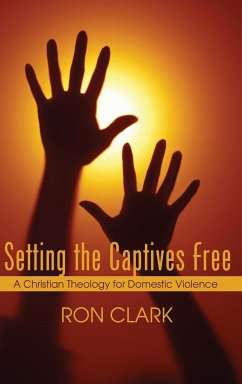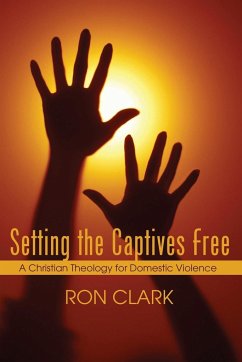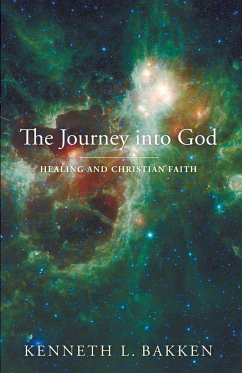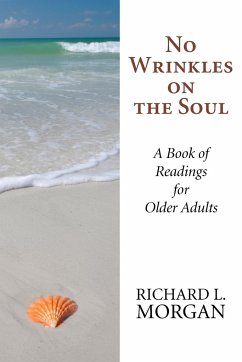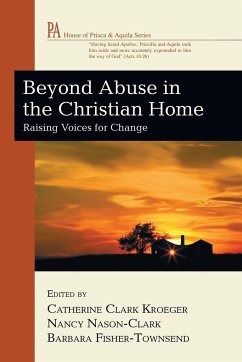
Beyond Abuse in the Christian Home
Versandkostenfrei!
Versandfertig in 1-2 Wochen
26,99 €
inkl. MwSt.

PAYBACK Punkte
13 °P sammeln!
In January 2004 a newly founded evangelical organization called PASCH was formed. The word denotes the Passover or time of new beginnings--when God kept people safe in their own homes before leading them into freedom from abuse and oppression. Yet the word PASCH also stands for Peace and Safety in the Christian Home. PASCH began as a small group of therapists, sociologists, domestic-violence experts, clergy, biblical scholars, survivors--and dedicated Christians. In essence, PASCH was born out of the cries, confusion, and frustration of the people of God. As we encountered many horrifying situ...
In January 2004 a newly founded evangelical organization called PASCH was formed. The word denotes the Passover or time of new beginnings--when God kept people safe in their own homes before leading them into freedom from abuse and oppression. Yet the word PASCH also stands for Peace and Safety in the Christian Home. PASCH began as a small group of therapists, sociologists, domestic-violence experts, clergy, biblical scholars, survivors--and dedicated Christians. In essence, PASCH was born out of the cries, confusion, and frustration of the people of God. As we encountered many horrifying situations of domestic abuse in Christian homes, those of us who seek to address various aspects of the issue concluded that we needed a fellowship of concerted study, prayer, and action. It was the dream of Catherine Clark Kroeger that an edited book might emerge from the 2005 and 2006 PASCH conferences in order that the papers, presentations, and discussions might be widely available. We found that to make that happen, we needed to work together: that each of us possessed one piece of the puzzle, and that by God's grace we could collectively begin to put the pieces together. The topic of abuse is ugly, which is why so many Christians shy away from discussing it. But in this volume we have tried to present an accurate, faith-based analysis of abuse in the Christian family context. We hope that various chapters stimulate discussion--sometimes debate--and in so doing prompt pastor and people to action. We call on you the reader to consider the various ideas and perspectives offered throughout the book. Hopefully each chapter will prompt you to consider afresh how you conceptualize violence among families of faith. Like you, the reader, the contributors to our collection come from various faith traditions, work in different contexts, and see the issue in part based on their own narrative and training. Yet, despite our differences--and our ongoing debates--we are unanimous that violence has no place in the home. Every home should be a safe place; every home a shelter. When abuse occurs in families of faith, it is the responsibility of the church to offer compassion and support to victims and to call those who act abusively to accountability and justice. Our edited collection includes ¿ Dan Allender speaking from the heart about the impact of the fall on relationships between men and women; ¿ Al Miles reflecting on his pastoral experience of the difficulties and opportunities of speaking out against violence in Christian families; ¿ Bruce and Karen McAndless-Davis offering one couple's story of the long journey toward accountability and dramatic change; ¿ Julie Owens retelling her own dramatic story of abuse, the life imprisonment of her ex-partner and what she wished every pastor knew about domestic violence.



